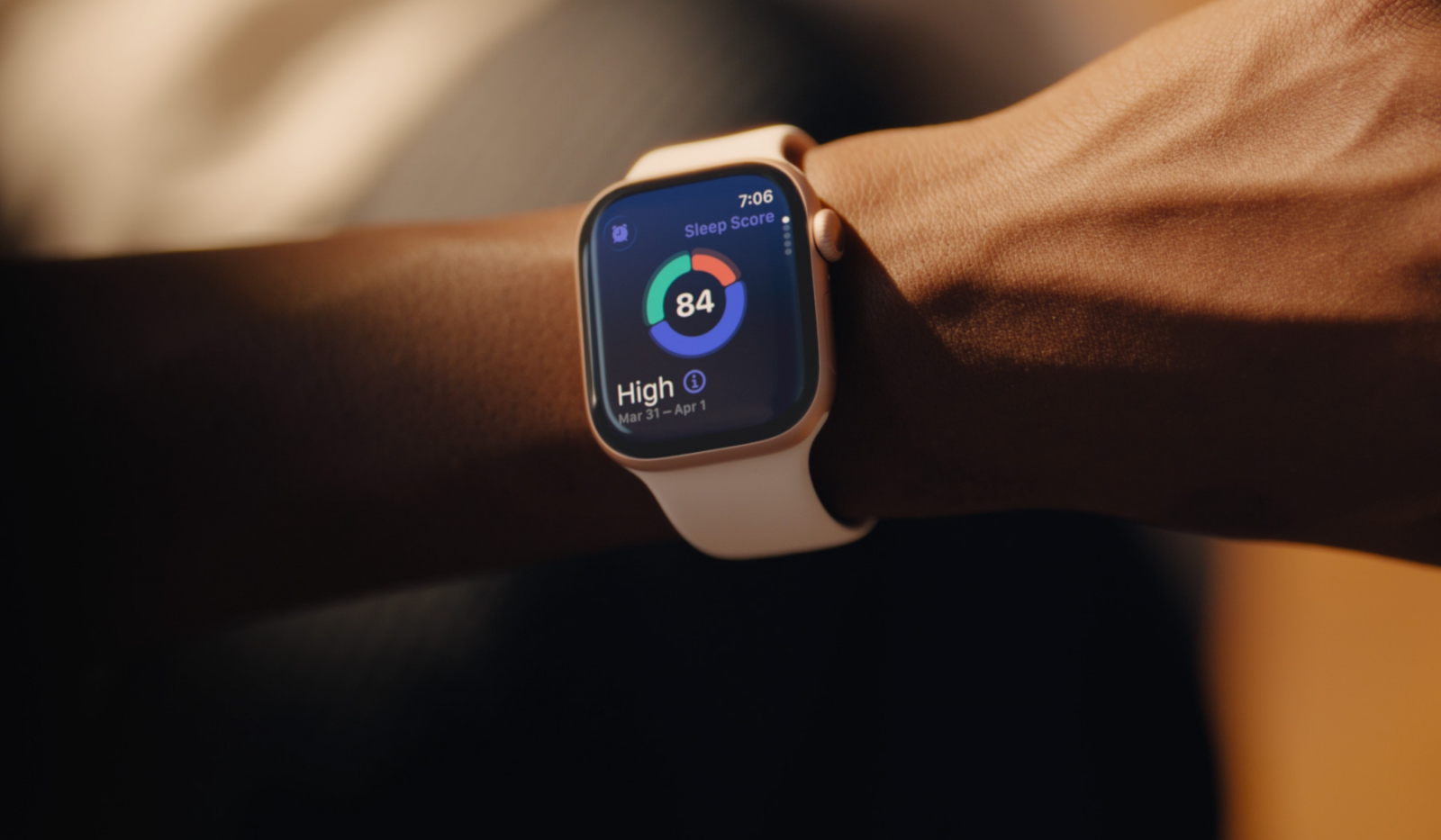
Apple’s new smartwatch launch places less focus on carbon reductions. (Photo: Apple)
Apple unveiled its new Apple Watch Series 11 at its fall event on Sep. 9. Unlike the past two years, when the company promoted the environmental benefits of its devices, this year’s launch took a quieter tone.
The product’s environmental report makes no mention of carbon neutrality, and a comparison with similar models suggests the latest watch has a larger carbon footprint than its predecessor.
Carbon-neutral label vanishes, offsets under fire
In 2023, Apple introduced its first carbon-neutral watch, expanding the claim to include the Mac Mini desktop computer the following year. The company set a goal of making all its products carbon-neutral by 2030. But this year, both the launch event and product documentation offered far fewer references to carbon reductions.
For its flagship low-carbon product, the Apple Watch, Apple said the Series 11 uses 40% recycled materials, including batteries made with 100% recycled cobalt and cases made with 100% recycled titanium or aluminum. The titanium cases are produced using 3D printing, which cuts raw material use in half compared with previous models. The supply chain for the watch is also powered entirely by renewable energy, such as wind and solar.
Yet Apple’s environmental report shows that an Apple Watch Series 11 with a titanium or aluminum case and a sport band emits 8.1 kilograms of CO₂-equivalent. By contrast, the previous generation of the device reported emissions below 8 kilograms, regardless of case material.
EU cracks down on greenwashing, spotlight on new rules
Apple’s earlier carbon-neutral claims were based on carbon credits from a reforestation project in Paraguay. But that approach has recently faced setbacks in Europe. A Frankfurt district court ruled Apple’s marketing of its carbon-neutral watch was misleading and banned the company from using the claim in Germany.
The ruling, issued in late August, noted that the project leases land to grow eucalyptus trees, but 75% of the leases expire in 2029, making long-term environmental benefits uncertain. The court concluded Apple’s claims violated German competition law.

Apple has been ruled by the Frankfurt Court in Germany for misleading consumers with its “carbon neutral” claims. (Photo: Apple)
Within the EU, scrutiny of corporate green claims is only expected to intensify. Starting in 2026, the Consumer Empowerment for the Green Transition Directive will prohibit vague environmental statements and bar companies from marketing products as carbon-neutral if based on offsets.
Another regulation, the Green Claims Directive, originally slated for adoption this year, has been delayed after pushback from micro-businesses and efforts to streamline bureaucracy. However, with Denmark taking over the EU Council presidency in the second half of the year, its environment minister, Magnus Heunicke, has pledged to push member states back to the negotiating table.
Read more: Global trend in anti-greenwashing: Government responses and corporate strategies
.jpg)

